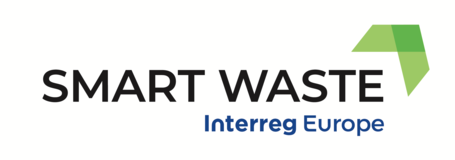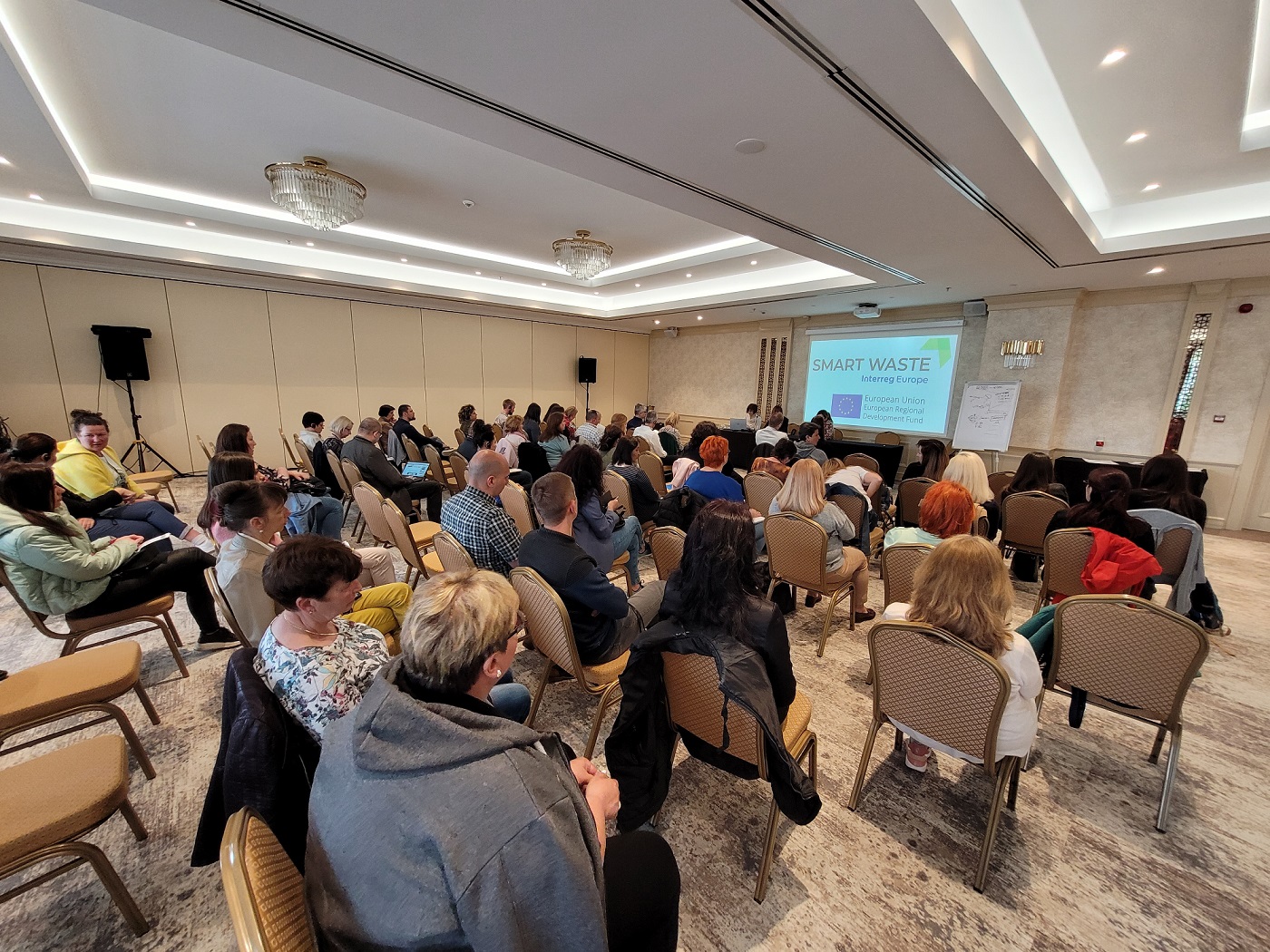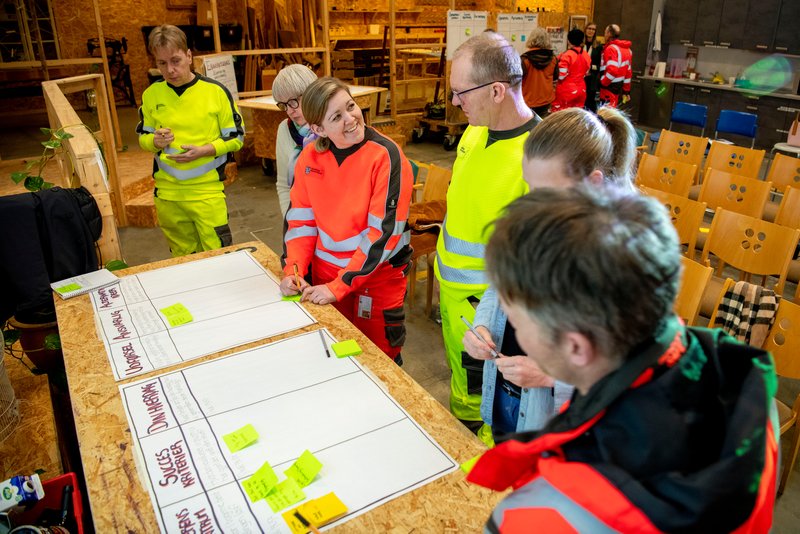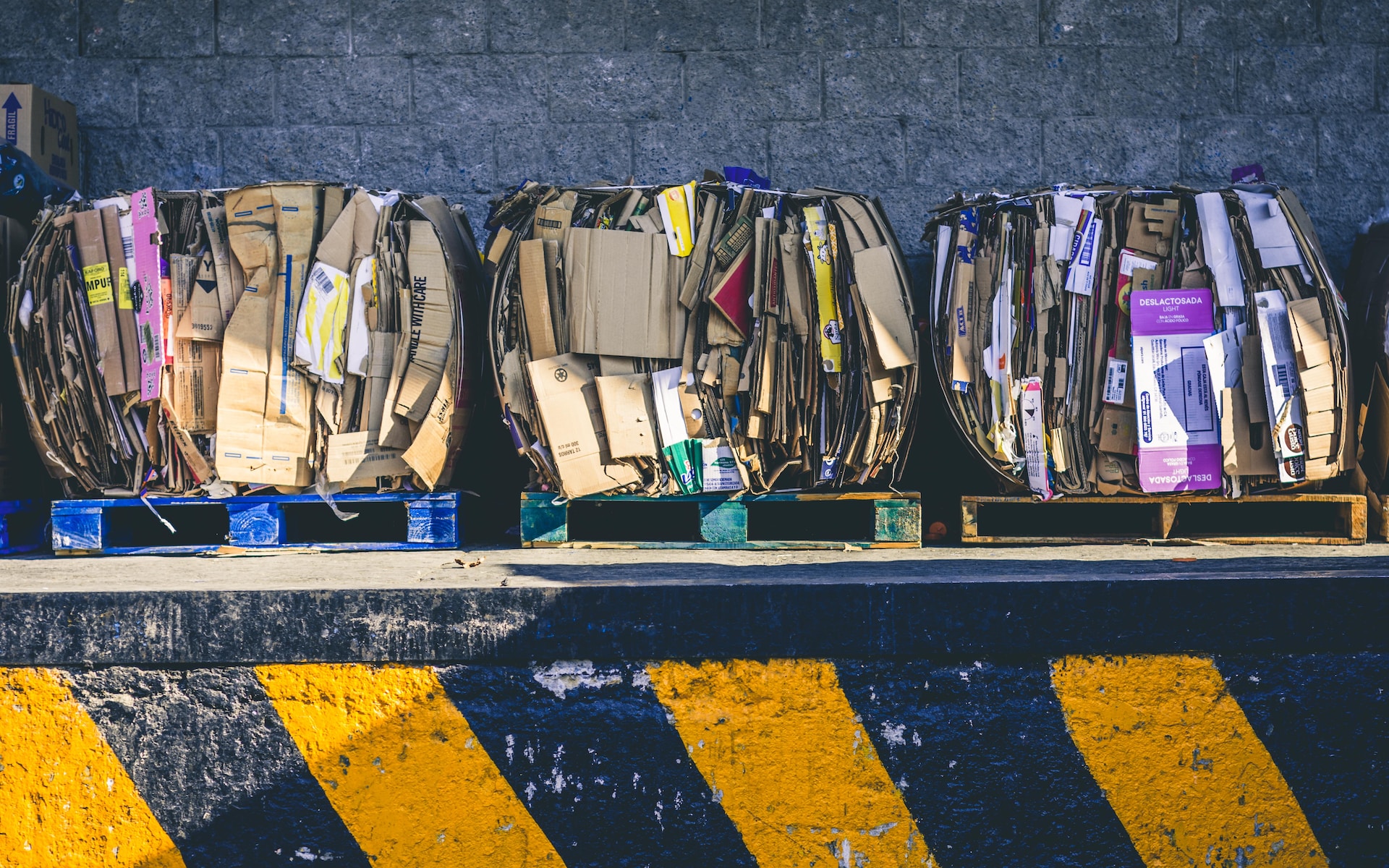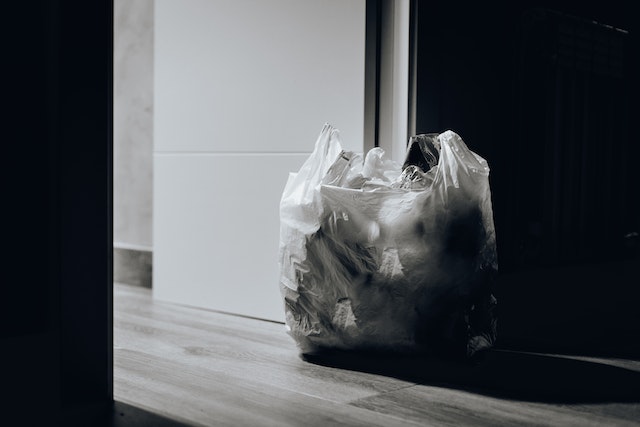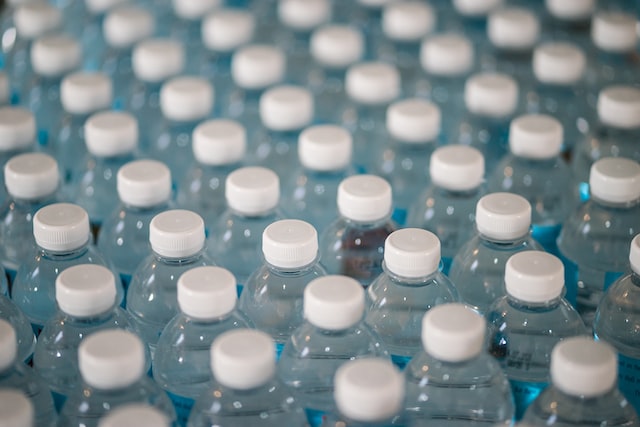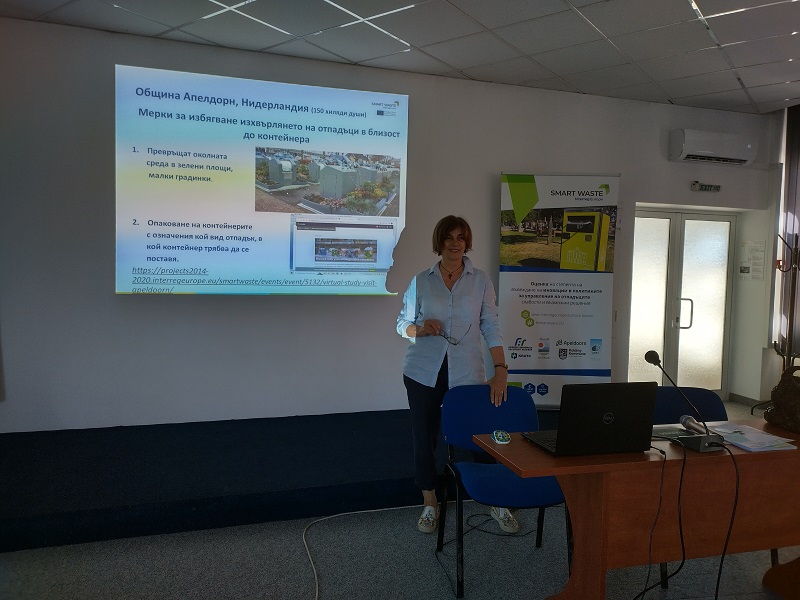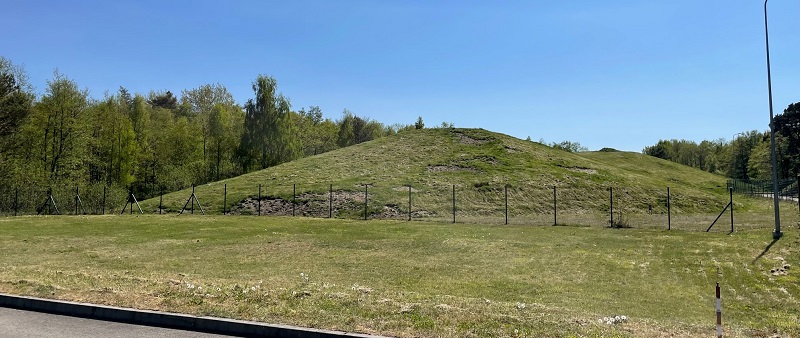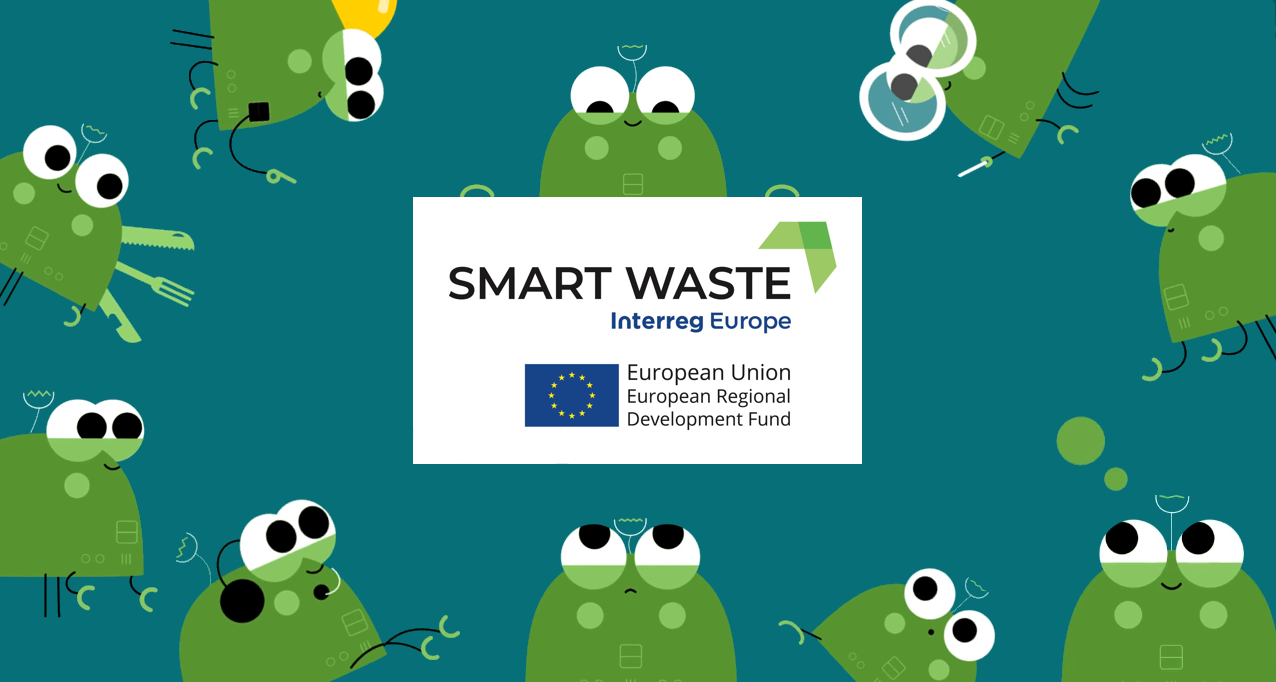To understand the real impact that innovative policy measures have on the effectiveness and sustainability of waste management procedures, the five partners of the SMART WASTE project chose one policy instrument to be assessed and improved. For this activity, KRWMC (Klaipeda Regional Waste Management Center) analysed the Lithuanian multi-fund Operational Programme (OP) for investing European Structural and Investment funds 2014-2020, measure 05.2.1-APVA-K-009. The result of this activity is now available.
As an introduction, the report details the shared SMART WASTE evaluation methodology that was used to assess the OP specific support to innovation concerning:
- Waste streams involved;
- Step of the European waste hierarchy step;
- Specific kind of EU Structural Fund support;
- Quantitative evaluation of policy instrument capacity to reach environmental targets if the policy instrument included such targets.
As shown in the report, the evaluation did highlight some good practices, such as removal of airborne odours from the regional mechanical waste treatment facility in Klaipeda. However, it also showed that there is a failed support for the development of technologies for the recovery and reuse of used tires and that the situation regarding the sale of recycled secondary raw materials is critical due to the volatile demand in Asia.
Among the next steps listed in the report, KRWMC plans to work in close contact with the Environmental Project Management Authority (APVA) for developing the Lithuanian multi-fund OP for investing the European Structural and Investment funds for the programming period 2021 – 2027, taking into consideration the results of the SMART WASTE project. In this regard, a remarkable measure approved within the OP is the 05.2.1-APVA-R-008 "Development of Municipal Waste Management Infrastructure". It is related to sorting and treatment of household food waste collected in the Klaipeda Region following a unique scheme developed during the SMART WASTE project. A special equipment known as "Depacker" will be used to separate biodegradable food waste for composting and incineration.
Read the full version of the report prepared by KRWMC here.
